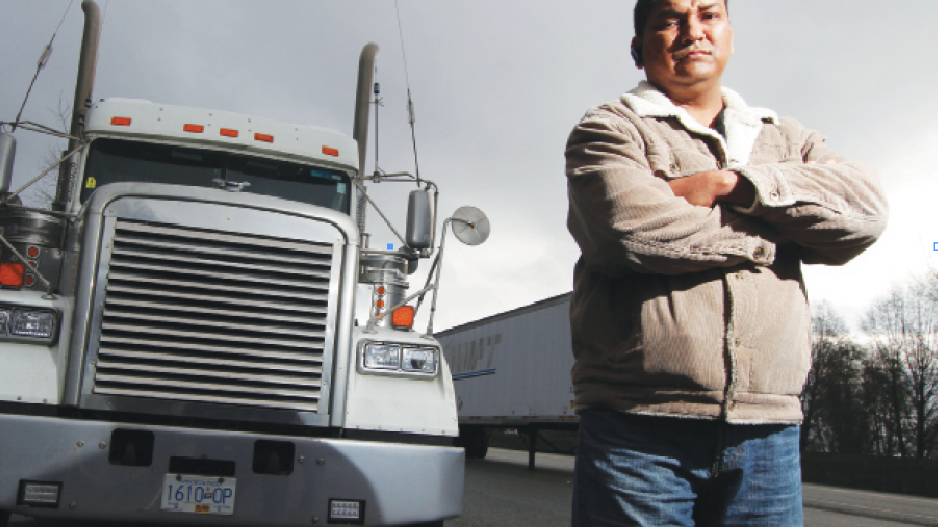Canada’s federal court has ruled in favour of Vancouver-area trucking companies who said they lost out because of an unfair licensing process conducted by the Vancouver port authority.
In the ruling, judge Robert Barnes found that Port Metro Vancouver’s (PMV) method of processing applications from companies in batches, and applying a higher threshold to applications that were submitted later, made for an “evaluation model that was procedurally deficient and profoundly unfair.”
For instance, companies that applied earlier had to get a score of four points in order to get licences when the port authority rated their application. But applications filed later had to get five points, and the final batch had to achieve a score of six points. Barnes described situations where filing one day later meant the different between being awarded or denied a license.
“I am satisfied that PMV owed a duty of fairness to the applicants at common law … that duty of fairness was breached when PMV applied an increasingly onerous approval benchmark to the applicant’s perfected applications without informing them of that approach,” the ruling states.
The court has ordered Port Metro Vancouver to issue licenses to any qualified applicant who meet the initial benchmark the authority used to approve the first batch of companies.
In a statement, the port said it was reviewing the decision and had not yet decided how to respond.
The roots of the dispute go back to the container truckers strike in March 2014, which hobbled Vancouver’s port for a month. In mediation following the strike, Port Metro Vancouver and the provincial and federal governments agreed on a plan which included raising trucking rates, cutting back on the number of truck licenses to access the port and putting in place a trucking commissioner.
It was generally agreed that there were too many trucks in the system competing for not enough work, leading to wage undercutting.
Port Metro Vancouver announced the new trucking licensing system in October 2014. But many trucking companies were caught off guard when they learned they had received no licences. Those companies said that meant they would go out of business, and 600 drivers, dispatchers and administrators would lose their jobs.
The decision is unusual because the court went so far as to order Port Metro Vancouver to approve the applicants who had met the first application threshold, and not just re-do the application process, said Lisa Martz, a lawyer with Gundmundseth Mickelson who represented several trucking companies in the case.
The licences are awarded on an annual basis, and the decision points out that the process can be changed in a year's time if there are still too many trucks in the system.
The decision could have implications for any process where government licences are being awarded or restricted, Martz said: fishing licences, tree farm licences and timber harvest licences are examples.
“It’s a modern decision that says when you do that, you’ve got to have an even playing field,” she said.
@jenstden




